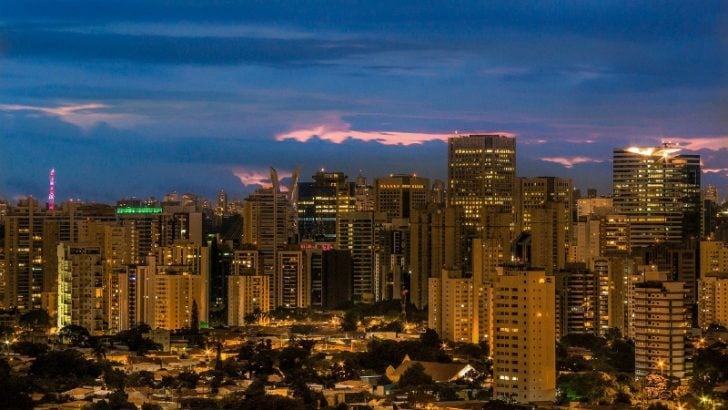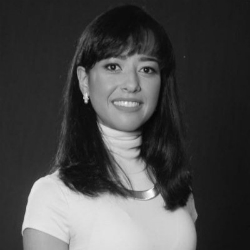
Moeda is an innovative ‘Banking-as-a-Service’ cooperative network. It aims to empower underbanked entrepreneurs using blockchain technology. In Sao Paulo, Brazil, it has announced plans to relaunch its Moeda (MDA) digital token and tie this to the US$.
This relaunch hopes to broaden Moeda’s core lending-and-financial-education activities beyond serving women entrepreneurs. As part of the relaunch, the finance cooperative is recalibrating its funding ceiling by:
- pegging the value of MDA tokens to the U.S. dollar
- unpegging from Ethereum blockchain’s ether (ETH) token.
“We aim to provide a community-focused mobile lending system that will give investors real-time transparency in projects that align with sustainable development goals,” said Taynaah Reis, Moeda’s chief executive officer and chairwoman. “The token’s relaunch is crucial to achieving Moeda’s mission. These updates do not change how we direct funds toward developing the Moeda platform and empowering borrowers.”

Moeda
MOEDA organizes itself on a cooperative basis ‘to the people, by the people and from the people’. Its cooperative banking involves decentralized autonomous association of ‘people united voluntarily to meet their common economic, social and cultural needs through a jointly owned and democratically controlled enterprise’.
Moeda provides peer-to-peer payments, remittances and micro-business loans. Funded through the Moeda digital currency, the organization operates in line with United Nations sustainable development goals and guidelines. Moeda works closely with a range of institutions, including:
- Green Cross, a global NGO founded by Mikhail Gorbachev
- UNICAFES
- the Brazilian National Union of Cooperatives
- Cresol, a Brazilian Cooperative bank.
Moeda offers simple peer-to-peer payments and a peer-to-peer remittance network to help drive entrepreneurs toward their goals. By offering a range of loans, from micro business ones to large crowdfunded initiatives, the Moeda digital token can support people across the world. It helps that:
- it is fiat-backed
- a digital token can travel farther and faster than physical cash can.
Whether for payments, remittances or lending, the Moeda platform enables underbanked entrepreneurs access to:
- a fast payment ecosystem
- personal business loans
- exploit blockchain-based Android and IOS applications.
Next steps for Moeda’s Banking-as-a-Service
Moeda is accepting direct donations of Bitcoin and fiat currency for MDA tokens. For this it obtains assistance from Bitcoin Suisse AG, a regulated cryptocurrency financial broker, asset manager and service provider based in Zug, Switzerland. Moeda will issue a maximum total of 20 million tokens, split between the pre-sales, private and public ICO phases:
- 10 million MDA tokens are held by the Swiss company; these will be allocated for pre-sales, advisors and bounties
- Moeda will hold the remainder in the Moeda Foundation for later use.
A private contribution phase starts July 17, 2017. A public phase will run from July 28 to Aug. 28. Contributors will receive one MDA token in exchange for one U.S dollar’s worth of ETH. The USD/ETH exchange rate will be updated daily. (A maximum of 5 million MDA tokens will be issued in the public phase.)
Moeda has pledged to the Brazilian Central Bank, Brazilian tax authorities and regulatory bodies that it will:
- maintain a transparent and compliant digital banking venture
- will regularly provide information about its seed projects and other operations in the country.
What does it mean?
Moving to a peg of the value of MDA tokens to the U.S. dollar, rather than to the Ethereum blockchain’s ether (ETH) token, makes sense. The latter has soared in value in recent months. For any service-based organisation, like Moeda, the gyrations in both Bitcoin and ETH can only distract.
With this sorted (so Moeda) hopes another ‘aaS’ hits the market. Banking-as-a-Service sounds interesting. Might it be applicable in the first world where customers, corporate and individual, rarely view banking favourably these days?.
























